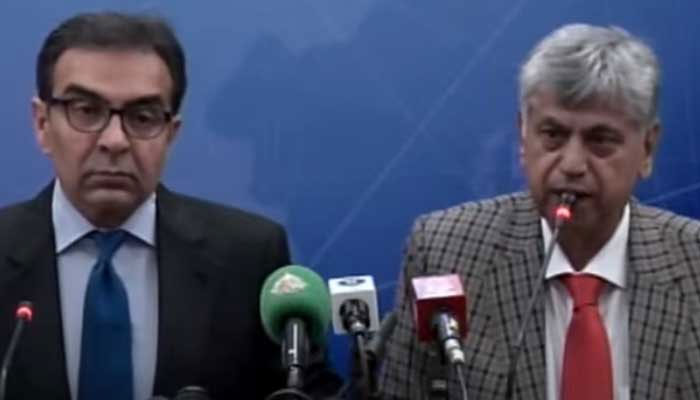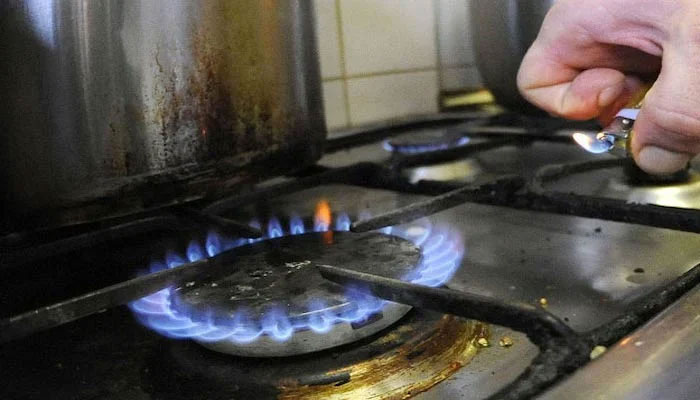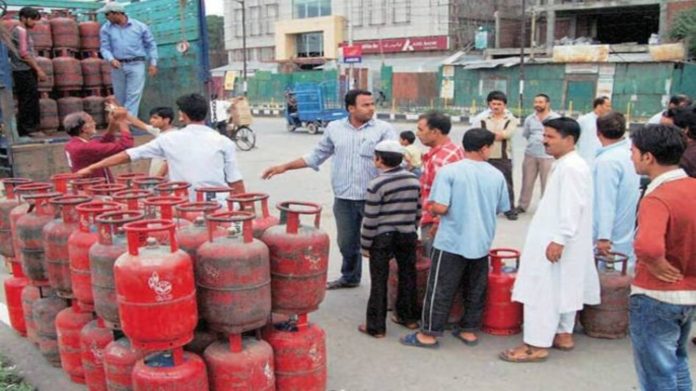Caretaker Energy Minister Muhammad Ali’s recent statement on the surge in gas prices has stirred considerable debate in Pakistan. While he sees it as a potential solution to the ever-growing circular debt in the gas sector, it raises concerns about the approaching winter and the hardships that lie ahead. The circular debt, now standing at a staggering Rs2,100 billion, has become a significant issue that threatens the energy sector’s stability.
Preventing Resurgence in Circular Debt
Mr. Ali emphasized that the recent increase in gas prices is expected to put the brakes on the circular debt’s resurgence in the gas sector. He further pointed out that the government is diligently working to prevent the escalation of circular debt in the power sector, as agreed with the International Monetary Fund.

Fluctuating Gas Prices
Regarding the recent gas price hike, the caretaker minister clarified that there was no change in prices during the first half of the previous fiscal year (July to December 2022). However, prices did increase in the second half (January to June), albeit insufficiently to cover the required RLNG diverted to domestic consumers during the winter season.
The impending gas supply scenario paints a bleak picture for the coming winter, with consumers expected to face a limited supply of just eight hours daily, despite the price hikes. In light of this, Mr. Ali recommended that consumers transition to LPG, as piped gas supply would only be available in morning, afternoon, and evening intervals. Furthermore, the ban on new gas connections would remain in place due to the lack of surplus gas.
Winter Preparedness: LNG Cargoes
To mitigate the impending winter gas crisis, the government has secured two LNG cargoes for December, with plans to book two more for January. Gas prices were last increased in January 2023, marking the first hike in two and a half years. The slow pace of price increases has contributed to the addition of Rs461 billion to the circular debt in the previous fiscal year.

Mr. Ali also highlighted the critical challenges faced by the gas sector, with exploration and production companies exiting the country due to financial risks. The federal government’s fiscal constraints have further impeded exploration activities and gas imports, pushing the sector to the brink of collapse.
Disparities in Gas Distribution
In terms of gas distribution, only 30% of households in Pakistan have access to piped gas, with the majority relying on LPG in urban areas and biomass, wood, and cow dung in rural areas. Around 57% of domestic gas connections fall into the protected category, where gas prices cannot be increased. This category consumes 31% of the total gas supplied in the country.
While the increase in fixed gas charges has sparked controversy, Mr. Ali stressed that the maximum bill for protected consumers would not exceed Rs1,300 per month. He also pointed out that gas prices for tandoors (clay ovens used for making bread, especially roti) have not been increased, as roti is considered a necessity.
Regional Disparities in Gas Costs
The minister concluded by shedding light on the rationalized industry tariffs between Pakistan’s north and south regions, emphasizing the variations in gas costs for the industry. In Punjab, gas for the industry is charged at the full RLNG cost, while Sindh’s industry pays significantly less, around one-third of the cost.
While the surge in gas prices may help address the circular debt issue in the gas sector, it also raises concerns about the challenges consumers and the energy sector will face in the upcoming winter. Finding a balance between economic stability and ensuring affordable access to essential services is a complex challenge that Pakistan’s energy sector continues to grapple with.



































